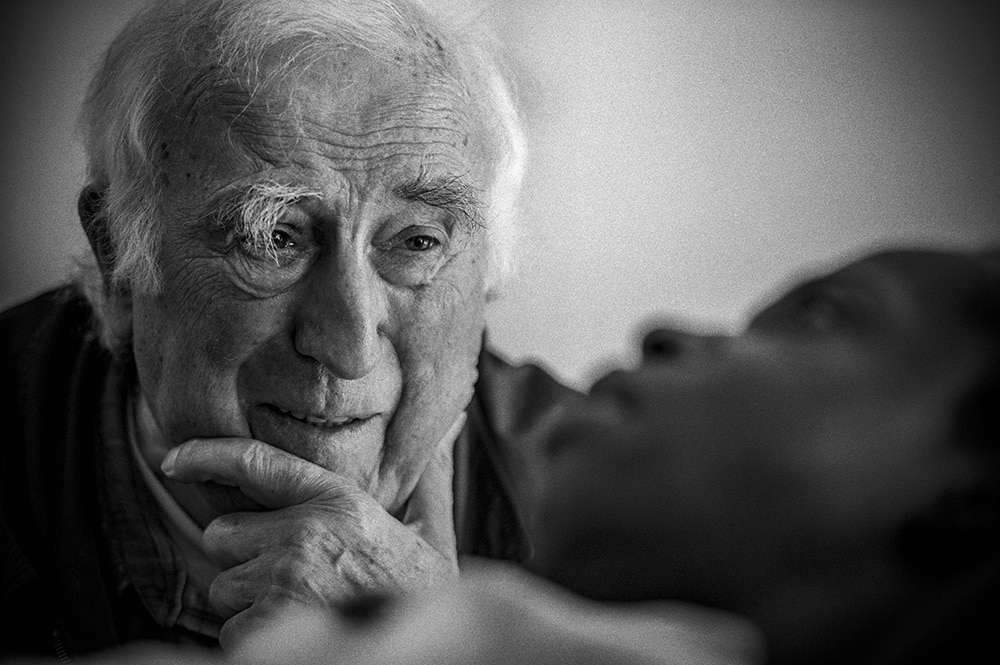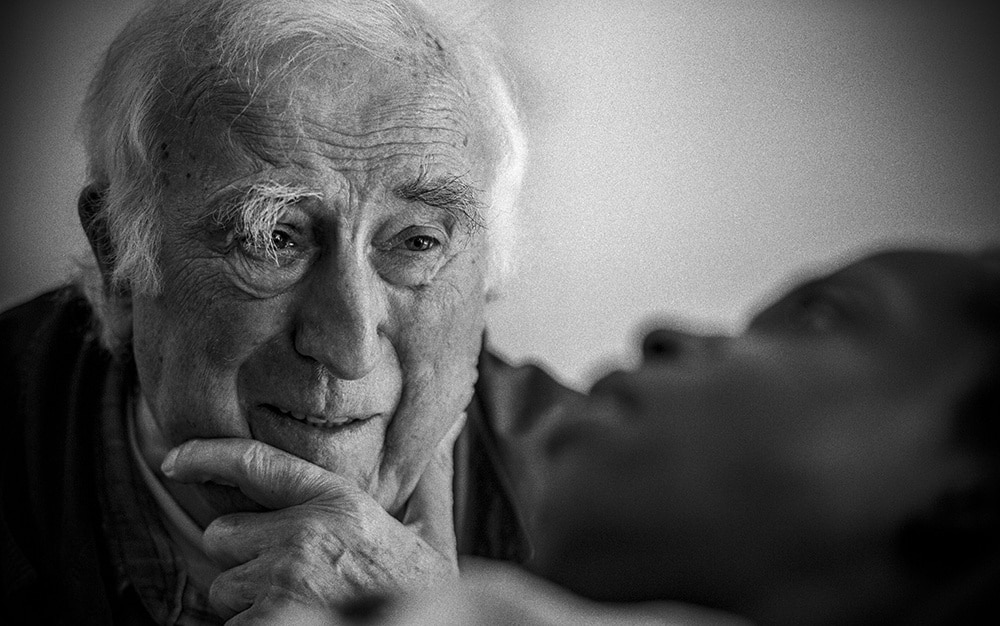In her fascinating book “The Art of Forgetting: Disgrace and Oblivion in Roman Political Culture,” the Princeton classicist Harriet Flower talks about damnatio memoriae. That is a shorthand phrase used to capture some of what Flower calls “memory sanctions” that Roman society used to banish remembrances of those who, for several reasons, had been disgraced. Such sanctions varied across Roman history, and she underscores that “competing memories continued to flourish” and there was “rarely a single or simple outcome for a person’s posthumous reputation and standing.” In other words, some memories flourish, some are ignored, and some are actively repressed and deliberately forgotten.
The role of forgetting for Christians was given serious treatment by a Jesuit scholar, Joseph Mueller, who in 2009 published a very insightful article in Theological Studies, “Forgetting as a Principle of Continuity in Tradition.” He highlighted key areas where we need to think more carefully and deliberately about discerning which parts of Christianity’s conflictual and ecumenically divisive path might need to be forgotten while noting how difficult that can be. Mueller examined the 1965 lifting of the excommunication carried out simultaneously by the pope of old Rome and patriarch of new Rome, the key sentence of which is this: “They likewise regret and remove both from memory and from the midst of the Church the sentences of excommunication which followed these events, the memory of which has influenced actions up to our day and has hindered closer relations in charity; and they commit these excommunications to oblivion.”
Such an attempt at consigning an issue to oblivion is not without its paradoxes and difficulties, but what about obliterating people? These questions have become intensely personal for me not once but twice within the same week, and I remain ambivalent in both cases.
I was first forced to confront this question when finishing my two forthcoming books, both international scholarly collections. I attempted to track down one contributor whose email address was suddenly no longer working. Google’s results shocked me: This man had been suspended from all priestly functions because of a failure to report another cleric who was accused of abusing children. After discussion with my editor, it was decided that this contributor’s chapter had to be excised. I agreed, but not without some ambivalence.
The second experience is one we are all still reeling from: the Jean Vanier revelations. As a Canadian, I first listened to him give the prestigious Massey Lectures on CBC Radio in the 1990s, and I have ever after looked up to him, regularly recommended his books to my students, and as recently as last October here in Our Sunday Visitor called him “a hero.” Here my ambivalence returned. What am I to do now? Rescind all the recommendations to my students? Ask for the article in question to be removed, and then proceed to scrub all other references to Vanier in my writings over the years?
Having written a book last year on the sex abuse crisis, and having more recently written bluntly about the lethal trauma sex abuse causes, I am in no way “soft” on abuse or abusers. In fact, if I were running the Church, the penalties for abusers and those who cover it up would be far swifter and more severe than anything we have seen to date, and the restructuring of the Church would be far more radically synodal than anything Pope Francis has proposed to date (as my book argues).
But that still does not answer the question of what to think of these men afterwards, especially if, as in the case of Vanier, they have left behind not only a body of writings but also a beautiful and profoundly transformative movement that has achieved much good. I confess that I am reluctant to condemn anyone tout court and confine all their works and writings to oblivion. There are several reasons for this.
In the spring of 1997, I made a retreat with a priest who walked us through a condensed version of the Ignatian Spiritual Exercises over several days. The importance of discernment of spirits, of looking underneath the surface to see what light and darkness may there lurk in the most outwardly “holy” or manifestly “evil” person, has remained with me as Ignatius’ most lasting legacy. But discernment never takes place in isolation. It always involves others. As Flower says at the end of her book, questions of how we treat the memories of those who are now disgraced bespeak “the continuing desire of each generation to control and categorize the past to suit its own particular needs and purposes.”
What does this generation want to say about the near past in which Vanier was held up as a living saint by so many of us?
In the midst of a church and culture still reeling from seemingly endless revelations of abuse, are our needs today better served by refusing to commemorate Vanier, rubbishing all his writings and removing every reference to him? Is that even possible, never mind desirable?
Or would we perhaps be better served by admitting that he did some good in founding L’Arche, but also was guilty of tremendous evil in abusing women? Would we be advised to keep him around so as never to forget the perennial and pernicious temptations of libido dominandi found in those we too hastily and facilely call holy? Should Vanier, finally, remain a presence with us, functioning as an aide-memoire of human wickedness, including our own, which causes us to adulate celebrities and heroes, including those who bear (formally or not) the titles of “hero” or “saint”?
Adam A.J. DeVille is author of “Everything Hidden Shall Be Revealed: Ridding the Church of Abuses of Sex and Power” (Angelico Press, $16.95). He writes from Indiana.





